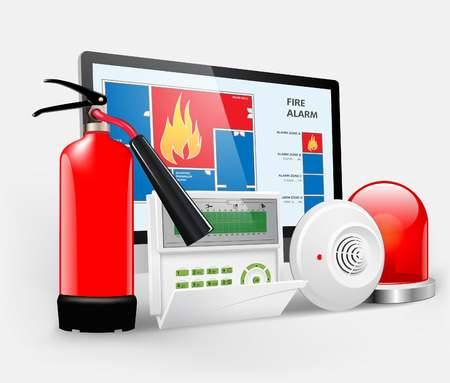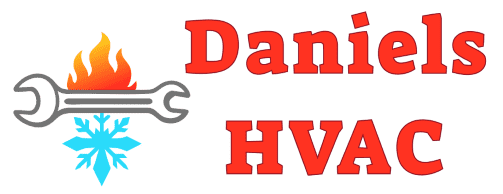Home Safety tip – Carbon Monoxide Detectors / Fire Alarm Detectors
 When using gas heater, furnaces, boiler, to heat your homes or powering appliances with electric, wood, oil or coal, homeowners and their families benefit from the preventive services that licensed HVAC contractors provide during annual inspections of your home. Along with maintaining appliances it is also a good idea to regularly test your carbon monoxide detectors and fire alarms schedule annual inspections of your home’s heater exhaust system and chimney system.
When using gas heater, furnaces, boiler, to heat your homes or powering appliances with electric, wood, oil or coal, homeowners and their families benefit from the preventive services that licensed HVAC contractors provide during annual inspections of your home. Along with maintaining appliances it is also a good idea to regularly test your carbon monoxide detectors and fire alarms schedule annual inspections of your home’s heater exhaust system and chimney system.
Why Carbon Monoxide Matters so much.
Burning fuel such as gas, oil, coal or wood, electrical produces carbon dioxide. This gas is responsible for over 30,000 emergency room visits each year in the USA. While utility companies give natural gas an unpleasant odor, carbon monoxide does not have a distinct odor, color, or taste. When individuals state that they smell carbon monoxide, they smell the byproduct of the burning fuel, like smoke or exhaust.
Carbon monoxide exists in nature and bodies need a small percentage of the gas to function. When carbon monoxide enters the body through the inhalation, it binds to hemoglobin in the blood. When this occurs in higher concentrations, red blood cells cannot carry oxygen throughout the body.
Most instances of carbon monoxide poisoning occur when an individual is exposed to the gas in an enclosed space that is not ventilated. Symptoms of carbon monoxide poisoning include headaches, dizziness, nausea, confusion, drowsiness and vision problems. You might think that you suffering bad food or have the flu, but then find that you feel better when you are outside.
Carbon Monoxide Poisoning how to prevent
Install carbon monoxide detectors throughout your home like in the basement next to the fuel burning appliance including near your bedroom. Even if you do not have gas appliances or a fireplace in your home, it is still a good idea to have at least one detector, particularly if you like to burn candles. Change the batteries in carbon monoxide detectors once a year. Replace the detectors every four years.
Hire a qualified licensed hvac technician to inspect and maintain fuel-burning appliances every year. These appliances include those that run off gas, oil, wood or coal electrical.
Do not use outdoor grills, generators, portable flameless chemical heaters and other items meant for outdoor use inside your home.
If the power goes out for a prolonged period and you do not have fireplace, stay at an emergency shelter, hotel, or friend’s home. Do not try to heat your home using outdoor appliances. If the heating system breaks down and the electricity in your home remains unaffected, contact Daniels HVAC contractor right away.
Ensure that all gas appliances in your home vent outdoors.
If the vent pipes from fuel-burning appliances crack or break, turn the appliance off and call Daniels HVAC technician right away. Hire a professional to inspect and clean your chimneys every year.
Do not leave your car running in the garage, even if the garage door is open
